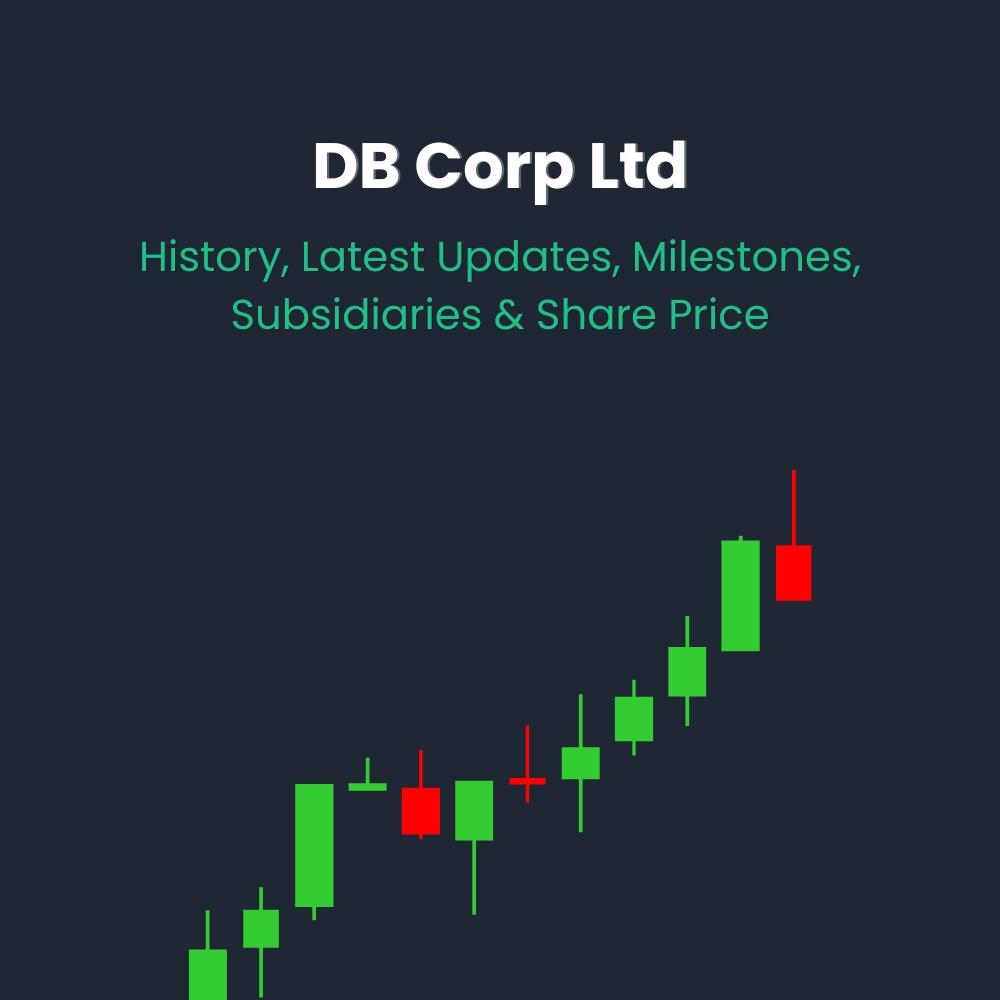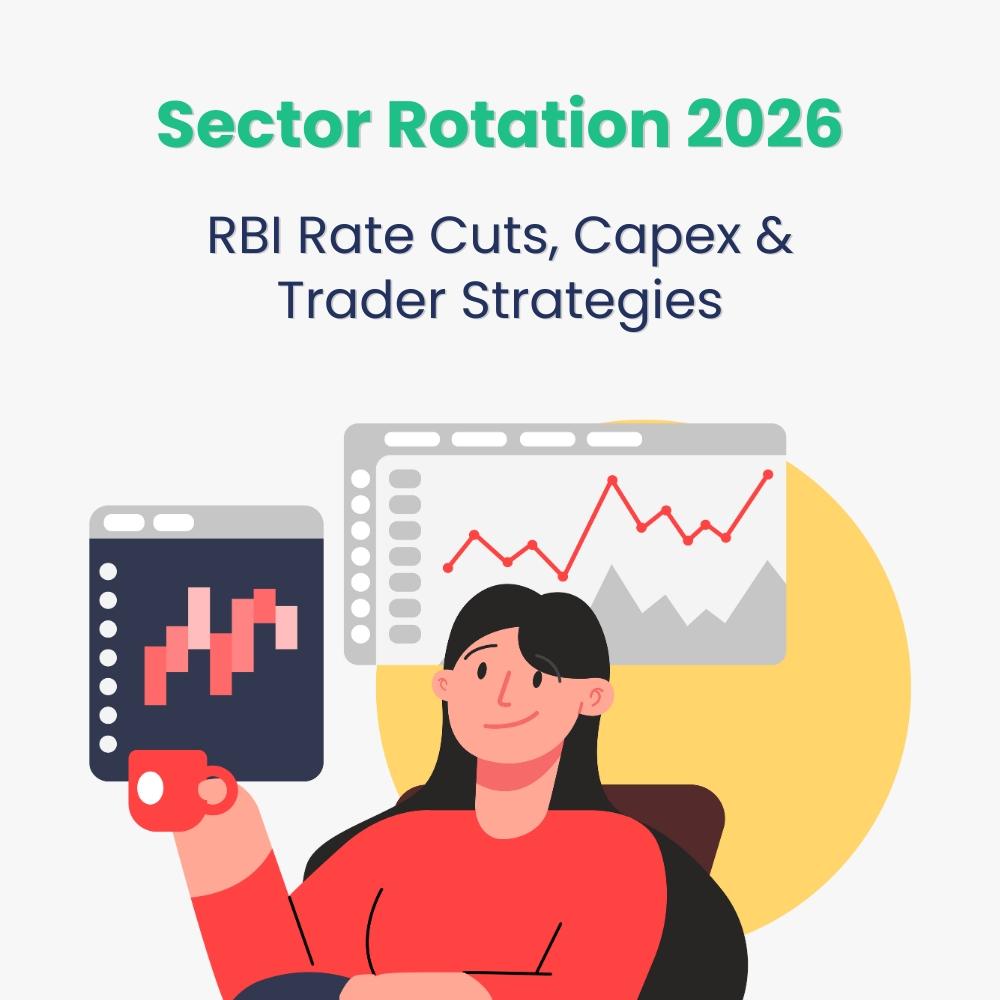Who Can Invest in the Indian Stock Market?
Foreign investment in India was not possible till the 1990s. Since then, India has developed into a rapidly expanding emergent market. The Indian stock market is now ranked first in the world. It has experienced unprecedented growth, bringing investors from all over the world to invest in Indian stocks. When we talk about stocks in India, we're talking about those representing small and large enterprises listed on the National Stock Exchange, the Bombay Stock Exchange, and other Indian stock exchanges.
The Bombay Stock Exchange (BSE) and the National Stock Exchange (NSE) are the two stock exchanges in India that handle the majority of the stock market's transactions (NSE). The National Stock Exchange (NSE), which was founded in the 1990s, is the largest stock exchange. The NSE is the largest in terms of volume, with a 50-company index and a market capitalization of $2.27 trillion. The BSE index includes 30 firms and has roughly $2.1 trillion market capitalization. The Securities and Exchange Board of India regulates them (SEBI). Read on to get the answers to common questions like who may invest in stocks, whether a govt employee can do intraday trading, whether a govt employee can invest in the stock market, etc.
The Minimum Amount Needed to Invest in Share Market
There is no minimum amount of money in India to begin trading or investing in the stock market. It's okay if you have Rs 100 in your bank account. If you want to, you can buy equities for as little as Rs 10. There are a variety of stocks on the Indian stock exchanges (BSE & NSE), with share prices ranging from Rs 1 to Rs 10,000. There are hundreds of equities with a price of less than Rs 10 on the market (also known as penny stocks). Among the many stocks with stock values, of less than 100 are Indian Oil Corporation Limited, Punjab National Bank, Bank of Baroda, IDBI Bank Limited, and Yes Bank. Any of these businesses are simple to invest in.
Can Foreigners Invest in Indian Stock Markets
As previously noted, India only began allowing foreign investment in the 1990s. On the other hand, India does not yet allow foreigners to engage directly in its stock market. Individuals having a net worth of at least $50 million, on the other hand, can be registered as sub-accounts of an FII (foreign institutional investor). Foreign institutional investors and their sub-accounts can invest directly in any stock exchange's listed stocks. The majority of portfolio investments are made in primary and secondary market securities, such as shares, debentures, and warrants of firms that are listed or will be listed on a recognized stock exchange in India. FIIs can also invest in unlisted securities outside of stock exchanges, subject to the Reserve Bank of India's pricing clearance. Finally, customers can purchase mutual fund units and derivatives on any stock exchange.
An FII registered as a debt-only FII can put all of its money into debt securities. Other FIIs must put at least 70% of their money into the stock market. The remaining 30% can be used to finance debt. FIIs must use special non-resident rupee bank accounts to move money in and out of India. The funds in such an account can be repatriated in their entirety.
Can Government Employees Invest in Share Market?
Can govt employees invest in the share market, or can an IAS officer invest in the stock market? It is a question the majority of government employees wonder. Government officials are prohibited from engaging in speculative stock trading or any other type of investment under rule 35(1) of the Central Civil Service (Conduct) Rules, 1964. On the other hand, government personnel can engage in the stock market on a limited basis through stockbrokers or other authorized, licensed, or certificate-holding individuals or agencies. In simple terms, if you work for the government, you can't buy or sell stocks, bonds, or other investments regularly because it's deemed speculative trading. Can govt employees invest in mutual funds? Yes, a govt employee can invest in mutual fund schemes and long-term stock investments, depending on their financial goals.
How to Invest in Stock Markets with a Demat Account?
You can purchase and sell shares after opening a demat account with the help of a broker. However, it would be best to become acquainted with your trading platform's user interface before beginning. Make sure you're familiar with all of the features, such as cover orders, market orders, bracket orders, limit orders, etc. It is also critical to becoming acquainted with your broker's brokerage and transaction expenses. The broker typically charges a brokerage fee for each order that is processed. It's best to open a Demat account with a broker that charges the least money in brokerage fees. For intraday trades and equities delivery, there are separate brokerage fees.
You'll need a Demat account and a trading account to buy and sell stocks. Your shares are stored in a demat account. You are unable to trade on your demat account. Only your trading account can be used to make transactions. Hence when you buy equities, you need to execute the trade in your trading account. The shares will be automatically transferred into your demat account on T+2 days. However, you can buy shares directly via a demat account if you invest in an IPO. When a firm issues an initial public offering (IPO), it is not listed on the stock exchange.
As a result, you won't be able to acquire that stock on the secondary market. As a result, you must apply for the IPO. You need a demat account to apply for an IPO (initial public offering). The corresponding shares will be instantly credited to your demat account once the IPO allocation is finished. You do not need a trading account to purchase shares in an IPO. But, if you are selling your shares after the IPO, you will have to sell the IPO shares on the secondary market, which will require a trading account.



